Welcome to our month of study about Edvard Grieg!
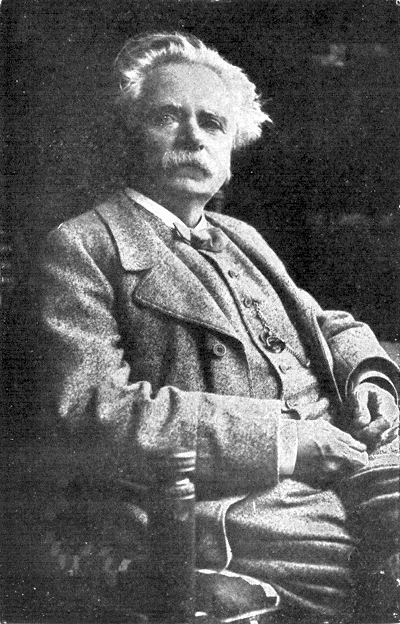
This is the picture of a boy who was born in the north of the world. He loved his mother country and the music which the people sang. But he had music, all his own, that sang and sang in his heart. It was happy music and sad; solemn and joyous. You will hear it some day and love it all. Even when this little boy was in the primary school the music knocked at his heart's door as if it would say: "Let me out into the world so that people may hear me."
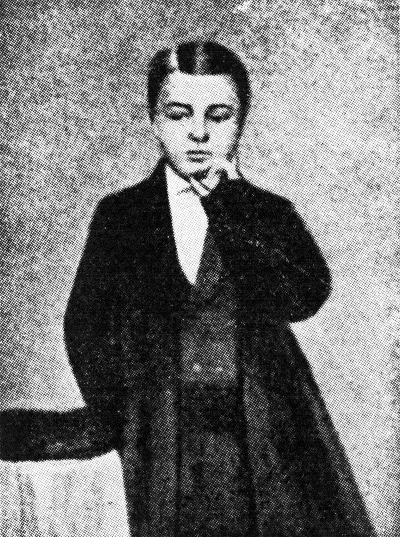


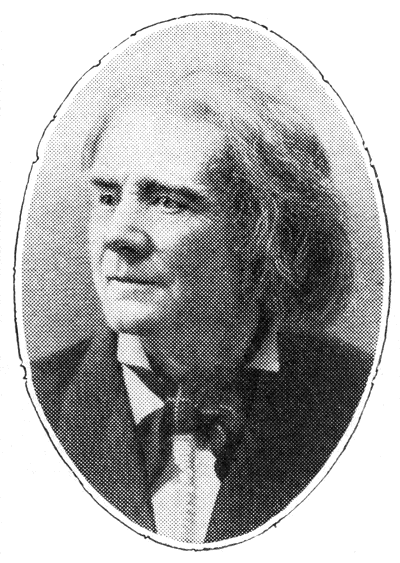
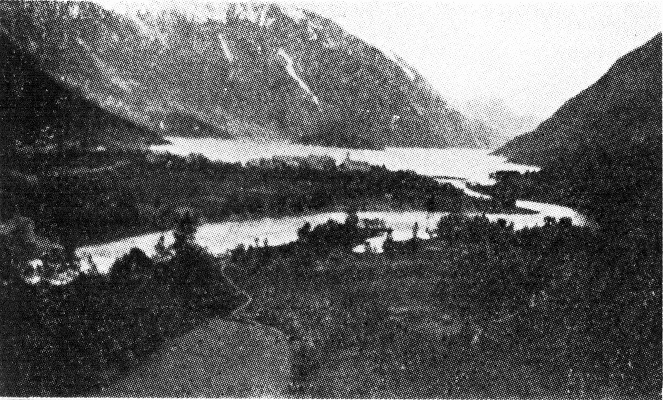

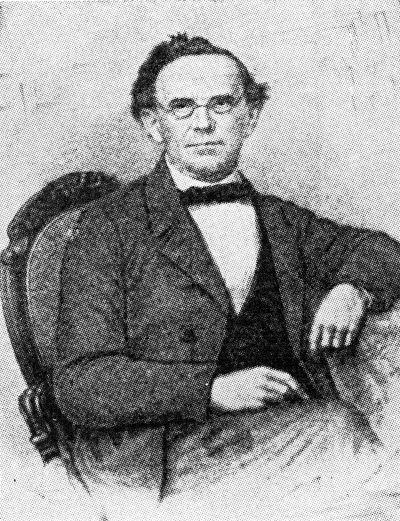
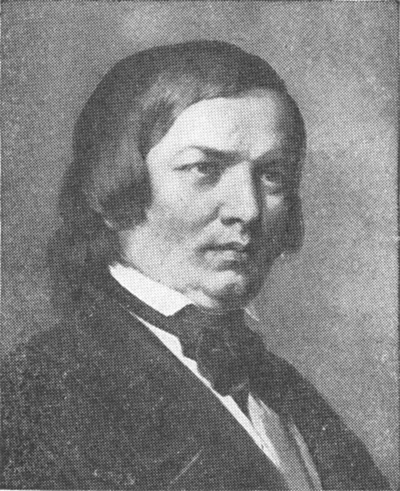
EDVARD GRIEG
The Story of the Boy Who Made Music in the Land of the Midnight Sun


GRIEG AS A BOY
When he was twelve years old he started out one morning as usual, but instead of taking his school books he took with him his music writing book which contained what he termed "Variation on a German Melody Op. 1."
Can you not imagine how proud he must have been of his Op. 1?

GRIEG'S SIGNATURE
His schoolmates were very proud to see the music of their companion Edvard. But alas! While they were looking at it and talking about it, whom do you think came creeping up behind them?
Why, the schoolmaster, to be sure.
He gave little Edvard a rough shaking up and told him how severely he would be punished if ever again he brought such nonsense to school.
Poor old schoolmaster! He did not know what Edvard Grieg would one day mean to the land and people of Norway. For Edvard loved not only the music that kept singing in him, but he loved Norway and all its people. Do you think any one could help loving such mountains as these?

NORWEGIAN MOUNTAIN SCENE
But all the grown up folks of Edvard's world did not call his music rubbish. His mother loved music and played beautifully. It was from her that Edvard had his first lessons, just as Mendelssohn was first taught by his mother.
Then one day something wonderful happened. A great violinist, Ole Bull by name, visited the Grieg family in the country. He was so kind to the little composer that the boy just loved him.

OLE BULL
Ole Bull had traveled the world over playing the violin. He looked over Edvard's compositions and made the boy play them to him. You can see him nodding his head in pleasure as he listens. His fine eyes are lighted up. He tells the boy composer that his music is quite good, but that there is a lot for him to learn yet. So he must study earnestly and make many sacrifices.
Then Ole Bull sits down and talks with Father and Mother Grieg. It is a serious talk, as one can see. Finally, when the talk is finished, Ole Bull takes the wondering boy by the hand and says to him:
"You are going to Leipzig to study and become a fine musician."
So Edvard Grieg left his home city, Bergen, its mountains, its fjords, its people, his father and mother, and traveled south through Norway, across the water and into Germany. No doubt he was a lonesome boy. Life had become serious all at once and there was much to be done.

BERGEN FJORD
It was all strange and new. Instead of hills and the waters of the fjords, there were tall, dark houses, gloomy streets, and such a lot of hurrying people.

SCENE IN LEIPZIG
But he soon grew used to it all and was busy as could be with lessons in piano and harmony. Just as in the earlier days in school, so in Leipzig, Edvard wrote music as it sounded in his heart. In the harmony lessons he could not make himself write plain chords to the bass which was given him as an exercise. He wrote the light, airy, lovely, fanciful tunes and rhythms that were singing within him. And just like the schoolmaster at home, the harmony teacher shouted at him, saying:
"No, that is all wrong!"
His harmony teacher was E. F. Richter.

E. F. RICHTER
But you remember that Ole Bull understood the boy's music. While here in Leipzig there were many who understood it too.
Bit by bit Edvard made friends who loved to listen to his pieces. One of them was Niels Gade, a fine musician in Denmark, who was a friend of Schumann's, who one time, wrote a Northern Song on the letters on Gade's name. It begins like this:
And Edvard too once wrote a fugue on the letters G-A-D-E.
So inspiring was his music study that Edvard worked very hard. He composed a great deal of music which slowly made friends for him. Robert Schumann was one who spoke kindly of the young Norwegian and his music. And so he grew and improved. Because he was true to his talent, he made many friends not only in Leipzig but throughout Europe, as we shall see.

R. SCHUMANN
Come back on Wednesday for Part 2!
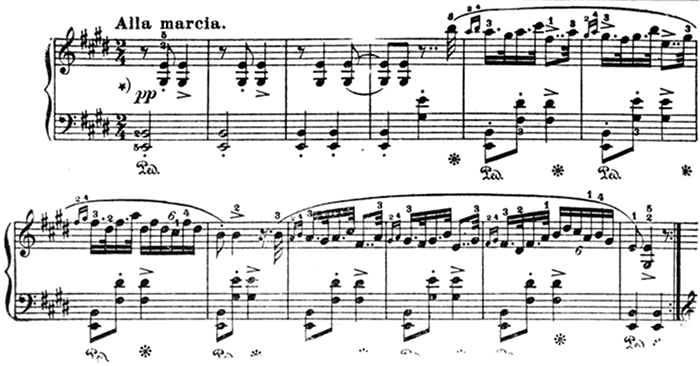

No comments:
Post a Comment